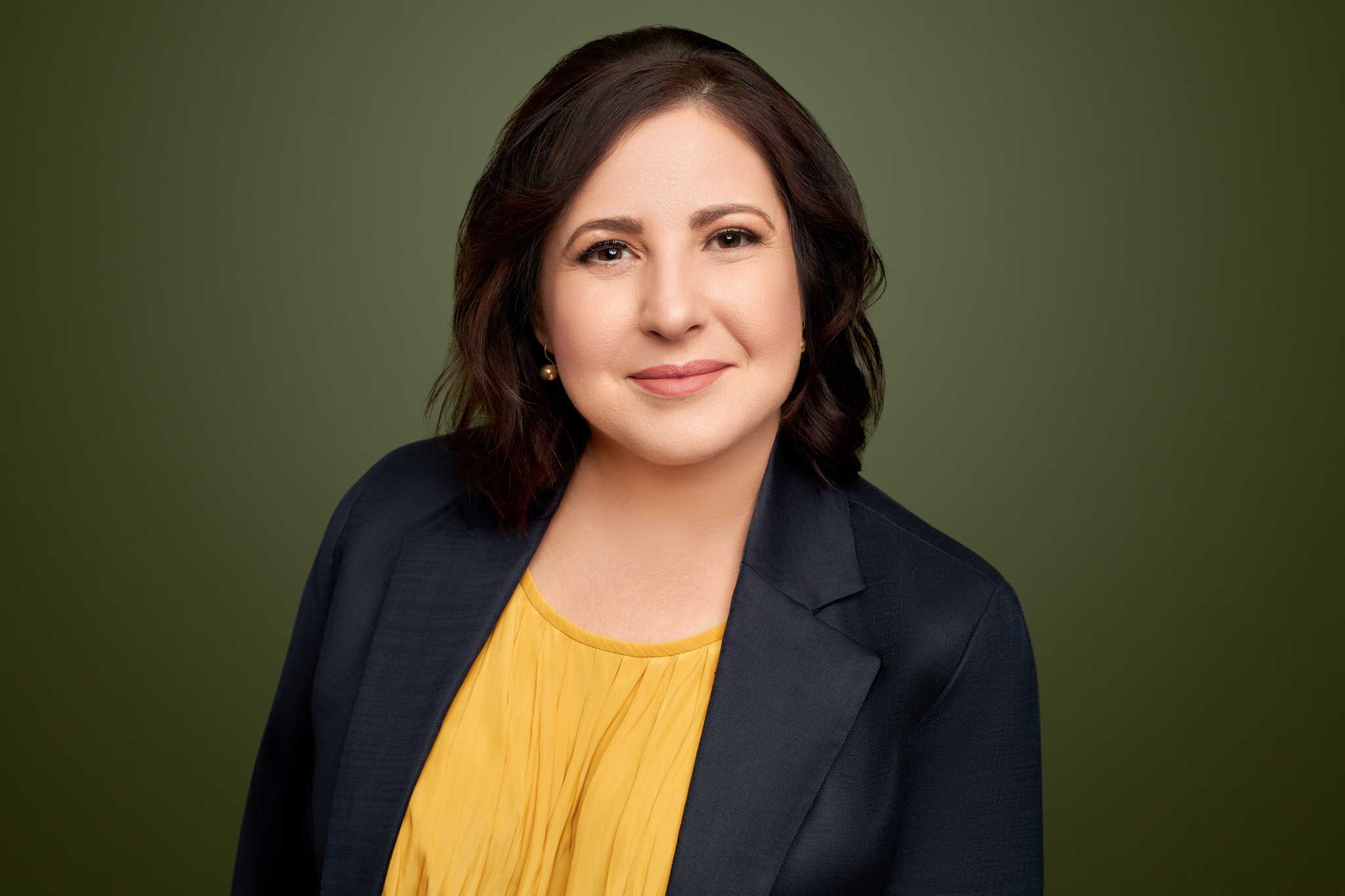Separation and Divorce
Our family lawyers help people who are either considering separation or already separated to answer their questions, become aware of their options and make informed decisions.
We have considerable experience in providing legal advice and guidance to people experiencing relationship breakdown, to successfully navigate their separation and the subsequent steps and processes.
Separation and Divorce
Navigating Separation
If you are or have been in a significant relationship or marriage, separation is a challenging time that can be easier to navigate with the support of specialist family law advice.
If you are married, you will need to wait to apply for a divorce. In Australia, if you have been married for two or more years, a divorce application can only be made after one year and one day has passed since the date of separation.
However, there are some steps that can be undertaken immediately upon a separation, that apply to people who have been married or in a de facto relationship.
These include:
- Parenting arrangements for children
- Spousal maintenance; and
- Financial separation
Separation and Divorce
Considering Separation or Already Separated?
Oftentimes people come to us for pre-separation advice to get a sense of what they should be aware of and to learn about the separation process so they are prepared.
If you are already separated, early legal advice is also important, even if you are amicable. To make the processes of separation and divorce less difficult, legal advice ensures you can be informed before you act.
We have helped thousands of people successfully navigate what you are facing right now.
Separation and Divorce
What Is A Collaborative Approach?
Where both parties are committed to reach an agreement about their parenting and property matters amicably or without going to Court, they may be suitable candidates for alternative dispute resolution such as mediation, or a collaborative approach to resolving any outstanding issues.
Members of our team are trained in all alternative dispute resolution including mediation and collaborative law and are able to support our clients through these processes in keeping with your own needs, goals and desired approach.
However, if you and your former partner are not in agreement about your next steps, our team is highly experienced in helping people through a range of processes, including highly complex and international family law matters.
Over the years we have developed a range of resources to help people through separation and divorce, including information specific to de facto relationships, children and parenting arrangements, financial separation, self care during separation and more. Access is at the bottom of this page, below our common questions section.
Common Questions about Separation and Divorce
Here are some of the more commonly asked questions that relate to separation and divorce. Click the arrow to reveal our team’s insights.
In our work as family lawyers, we see a number of common mistakes that people make when separating. If you are considering separation, the best way to avoid these mistakes is to get legal advice early so that you can plan your separation and make informed decisions along the way. Some common mistakes to be aware of include:
- Moving out of the family home without understanding the implications
- Losing access to funds
- Denying access to children
- Actions that escalate
For example, if you opt to move out of the property, it may be difficult to get access to the property again. If you only take your personal belongings with you when you leave, then it can be very difficult to get furniture and other household items you need to set yourself up in other accommodation.
So while moving out does not affect your rights to the property in terms of the settlement, on a practical level it can be difficult to get back into the property.
Where there are issues with domestic and family violence, your personal safety should be a priority in which case leaving is likely to be the best course of action.
Every situation is unique and it is important to get legal advice that is specific to you before you take steps in your separation.
Read more about common mistakes people make when separating
Read more about moving out of the family home and common mistakes people make when separating.
In our work as family lawyers, we find that people who plan their separation and talk about how they want to separate, are more likely to have an amicable separation. It is important to bear in mind that if one person has initiated the separation, it may take the other person a little longer to get their head around things. Being conscious that you might be at different stages of the process mentally can help avoid issues arising purely out of lack of communication.
The key element to effectively work together to plan your life apart is to always come back to the primary goal – to not lose sight of yourself or your children as you go through the separation and divorce process.
Read more about separating and divorcing well and planning your life apart together
While this might be the case for some relationships, it is not the case for everyone, Family Law is a discretionary area of law and the Court considers a number of factors to determine the percentage split.
These factors include:
- The contributions that each of you brought to the relationship from when you first got together;
- The financial and non-financial contributions that you have each made over the relationship; and
- Future factors. This includes income earning disparity, health issues, age differences, age of the children and parenting arrangements into the future.
These factors are taken into account when the Court considers what percentage of the property pool each party should receive. Each case is different and the outcome is not always going to be 50/50.
While some people hold the belief that the best way to avoid Court is to avoid involving lawyers, that is not the case. Early advice is often what helps people avoid ending up in Court, as well as get to an agreement that is beneficial for them in both the short and long-term.
If you delay in getting specialist family law advice, you miss out on learning what you should know about family law before negotiating any agreement.
When both you and your former spouse or partner seek your own independent legal advice you can both be clearer about why the terms of an agreement might need to be reconsidered and reevaluated. This enables you to make informed decisions when negotiating an agreement.
Before you start the process, it is incredibly important that you understand yourself and what you need from your lawyer.
Consider whether you are a detail-oriented person. Are you going to want to know all the mechanics, the plan, and the steps involved in executing the plan? Or, are you a “big picture” person and engaging your lawyer to fix the problem for you, and don’t need to know all the steps involved in how your lawyer will go about executing it?
Ideally, the relationship between you and your lawyer should be a short-lived one, because your matter is resolved amicably, quickly, and cost-effectively. However, you should bear in mind that there is always a chance you could end up in a three-year relationship with your family lawyer. Which, in some cases, could be longer than the relationship with your ex-partner. It is important that you feel comfortable with your family lawyer and that they understand your goals and needs. This will set you up for success when navigating your separation together.
Separation and Divorce
Separation and Divorce Resources
Separation and Divorce
Pre & Post Separation Advice
Our people are our greatest asset. We have a team of experienced family lawyers who strategically and empathetically respond to our clients’ needs and assist them to navigate the issues they are facing.





Separation and Divorce
Additional Information
Pre & Post Separation Advice
Separation and Divorce Lawyers Brisbane
Family Law is complicated and nuanced. It makes sense to have people on your team whose sole focus and expertise is Family Law.